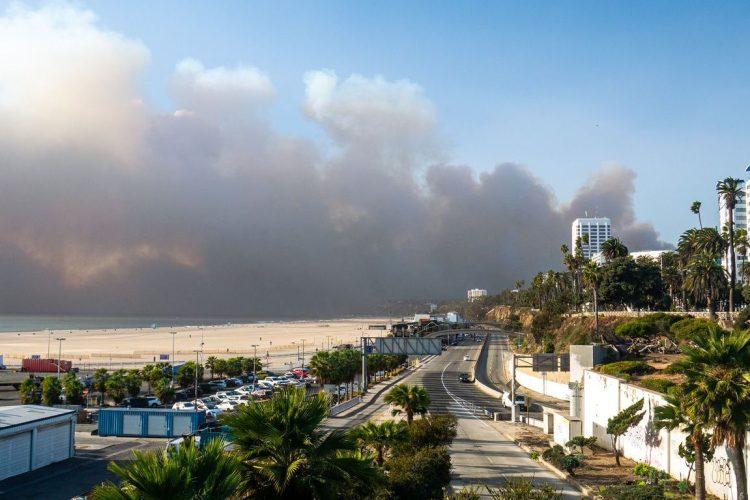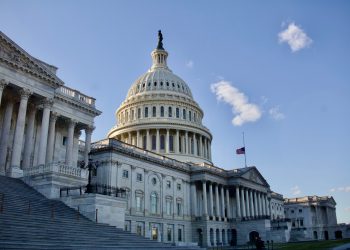Earlier this year, southern California experienced an enormously destructive wildfire season, with many Los Angeles area homeowners losing their houses. Local agents have spoken to RISMedia about efforts to rebuild.
During the height of the wildfires, the California government enacted a state of emergency and several measures to protect affected homeowners (supported by California Association of REALTORS®). These included a moratorium on insurance holders canceling policies in certain affected areas and waiving permitting requirements for reconstruction efforts.
Another effort—targeted at helping renters seeing rate hikes that reach price-gouging levels—is making its way through the California state legislature. Introduced into the California assembly as SB 36, it would target price-gouging in real estate during states of emergency by strengthening existing protections against it.
For real estate specifically, the bill mandates that when California declares a state of emergency, a listing platform must remove any and all sale or rental listings if notified by law enforcement that the listing violates anti-price gouging provisions. In turn, the listing platforms are required to report price-gouging on listings to law enforcement if they discover it is taking place. The bill also makes it easier to obtain a search warrant in light of “evidence that tends to show that specified price-gouging violations have occurred or are occurring.”
The bill was specifically introduced in response to lingering damage from the LA fires and intends to protect against reported price-gouging of affected California residents. Current California law caps rent increases during states of emergency at 10% above the pre-emergency rate.
The summary of the bill reads that in the aftermath of natural disaster and similar emergencies, “victims are particularly susceptible to predatory business practices and fraudulent schemes that can exacerbate their existing hardships. Survivors often face immediate pressures to secure housing, replace essential goods and initiate reconstruction efforts, all while managing limited financial resources. Unscrupulous actors frequently exploit this vulnerability through price-gouging.”
The California Assembly Judiciary Committee held a hearing on the bill on Wednesday, June 24, 2025. It was voted out of the committee and referred to the Committee on Public Safety on a 9-3 vote. Testifying at the hearing was the bill’s primary sponsor, California State Senator Thomas J. Umberg, who previously sponsored an enacted bill against price-gouging during California states of emergency.
Local consumer advocacy groups the Consumer Attorneys of California (CAOC) and Consumer Federation of California both attended the hearing in support of the bill.
The California Business Roundtable also attended the hearing in opposition to the bill. (Their letter outlining their position was apparently not sent to the committee on time for the hearing.)
CAOC’s Senior Legislative Counsel Saveena Takhar read prepared remarks before the committee, saying that “vulnerable (California) residents are being targeted by extreme housing price-gouging” in the aftermath of natural disasters.
“Families have been charged thousands above standard rent when they’re already displaced in a crisis,” said Takhar.
In February 2025, the tenant activist group Rent Brigade reported numerous examples of price-gouging in Los Angeles. (The Rent Brigade report was subsequently shared by the National Low Income Housing Coalition.) Los Angeles landlords and real estate agents have also been charged with price-gouging since the state of emergency was declared.
One of the Judiciary committee members, John Harabedian who represents Pasadena (which, as he noted, was affected by fires) spoke in support of the bill at the hearing: “Price-gouging has occurred from day one; it is still occurring, and there have been very few ways for consumers who are being taken advantage of in the housing market or otherwise to actually ameliorate the situation and get help. This bill helps.”
Harabedian argued that the bill should go even further, and that “perverse incentives” exist around price-gouging in housing because the victims still need to be housed, which disincentivizes them from taking action against the gouging lest they be forced out.
While this bill faces an uncertain future, it is not the only action being taken on this issue. The Los Angeles county board of supervisors recently voted to extend local provisions against wildfire-caused housing price-gouging for another 30 days.












